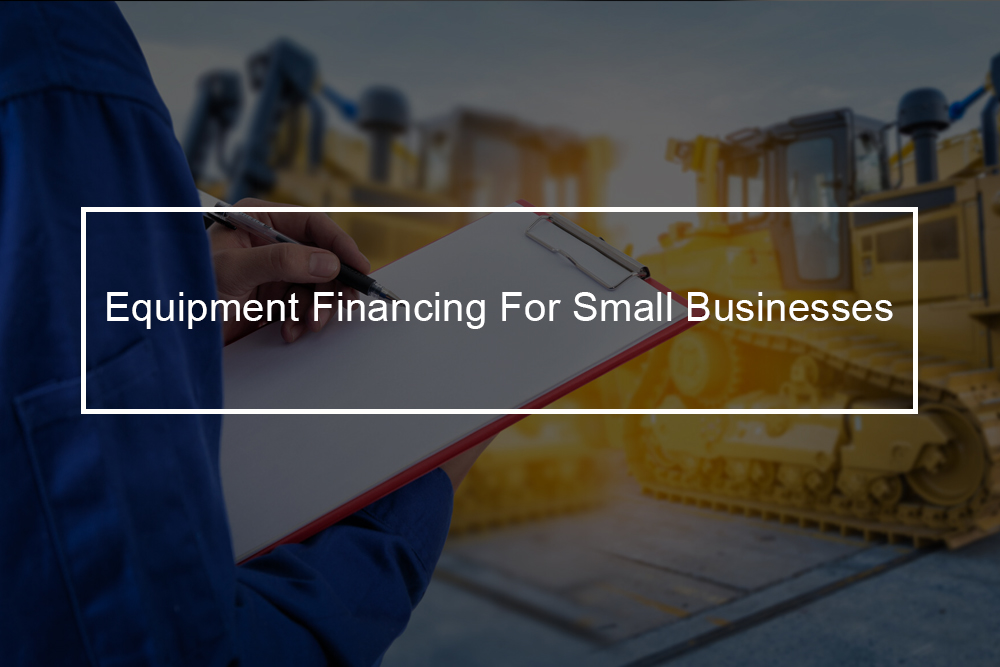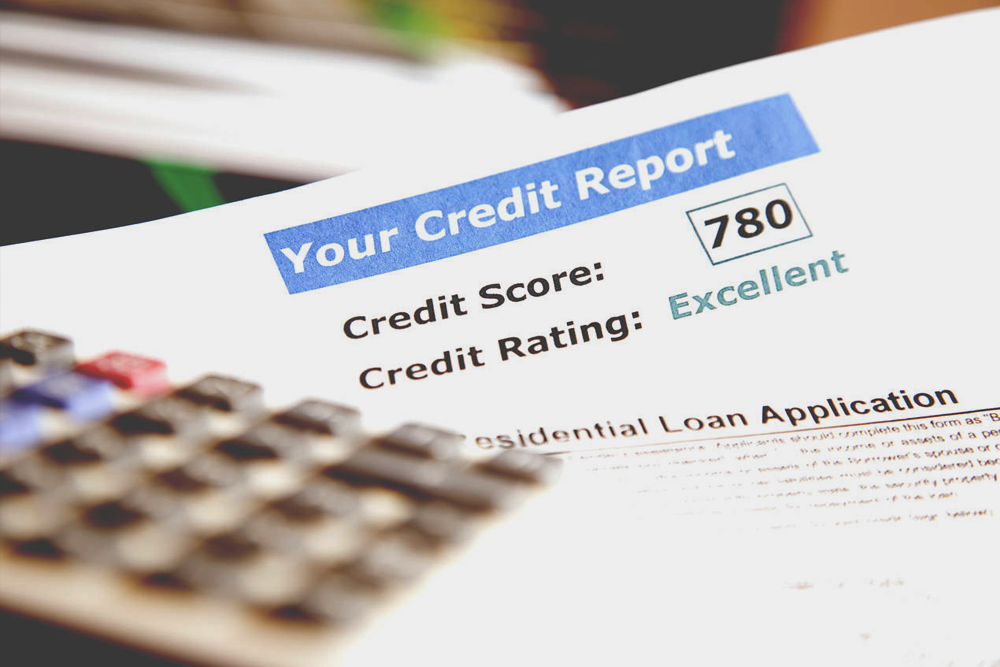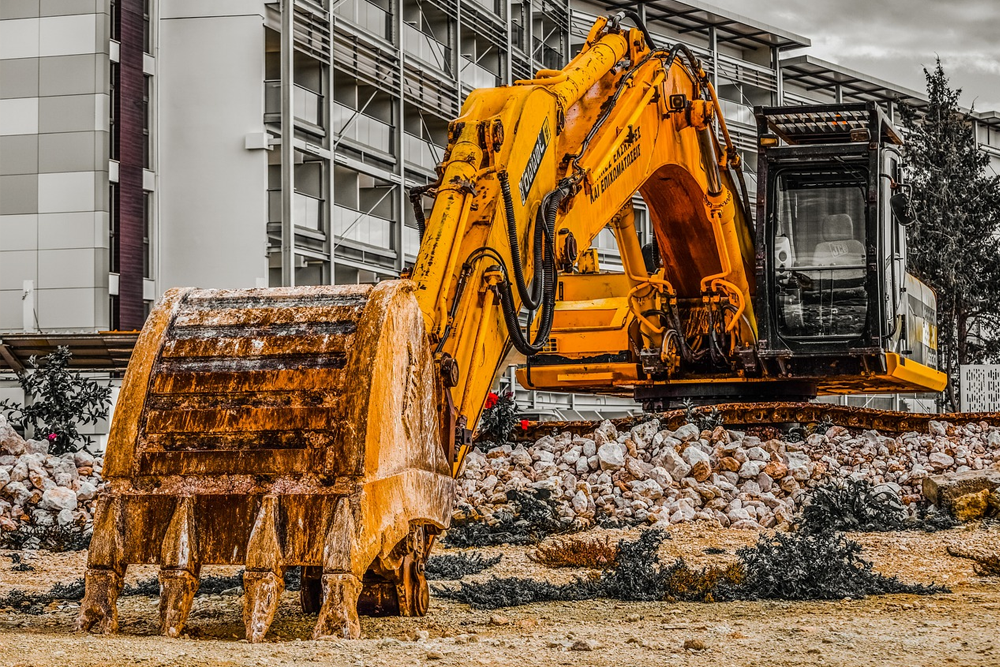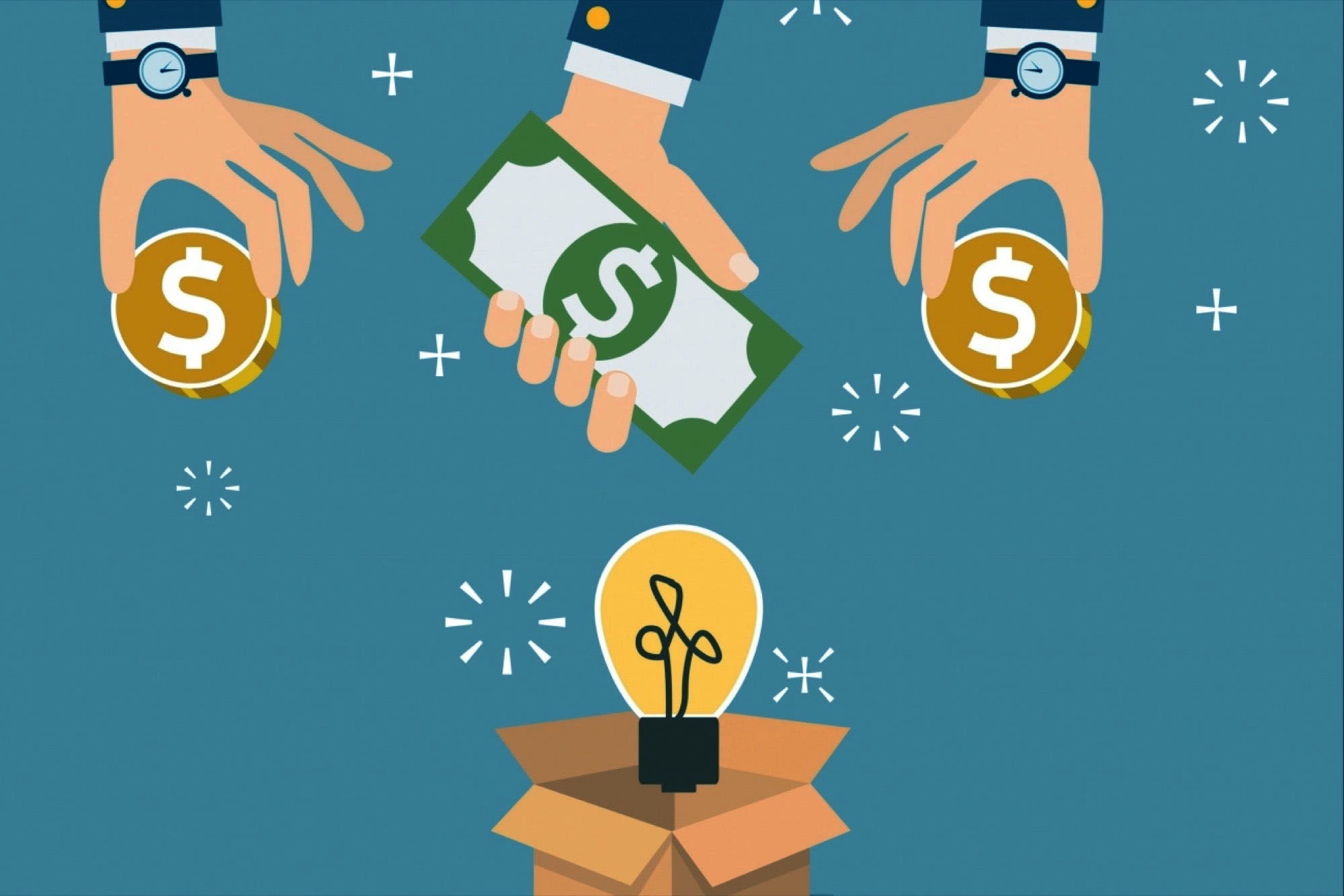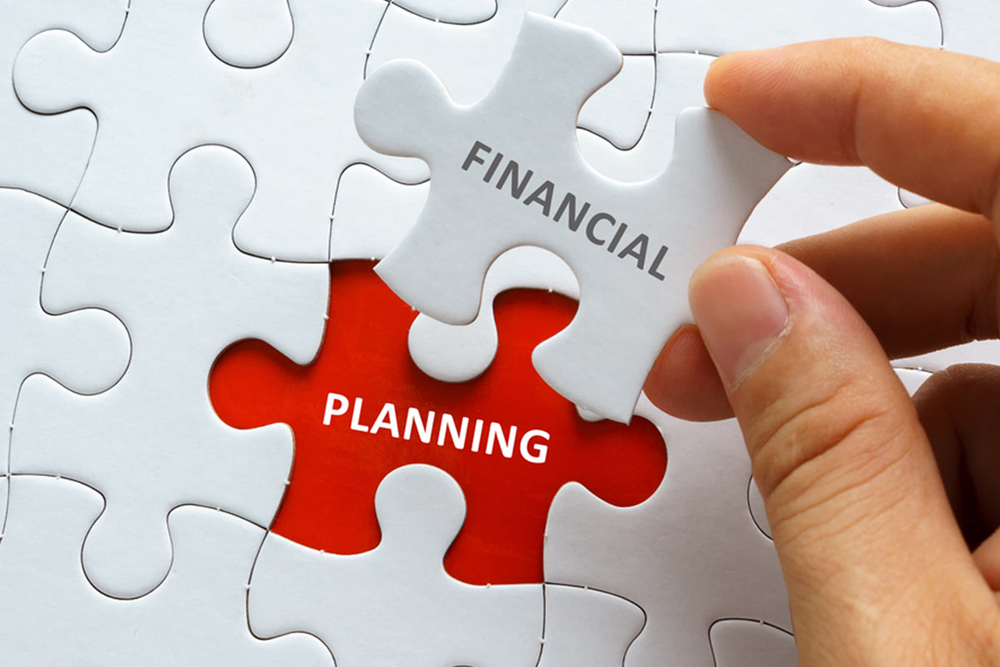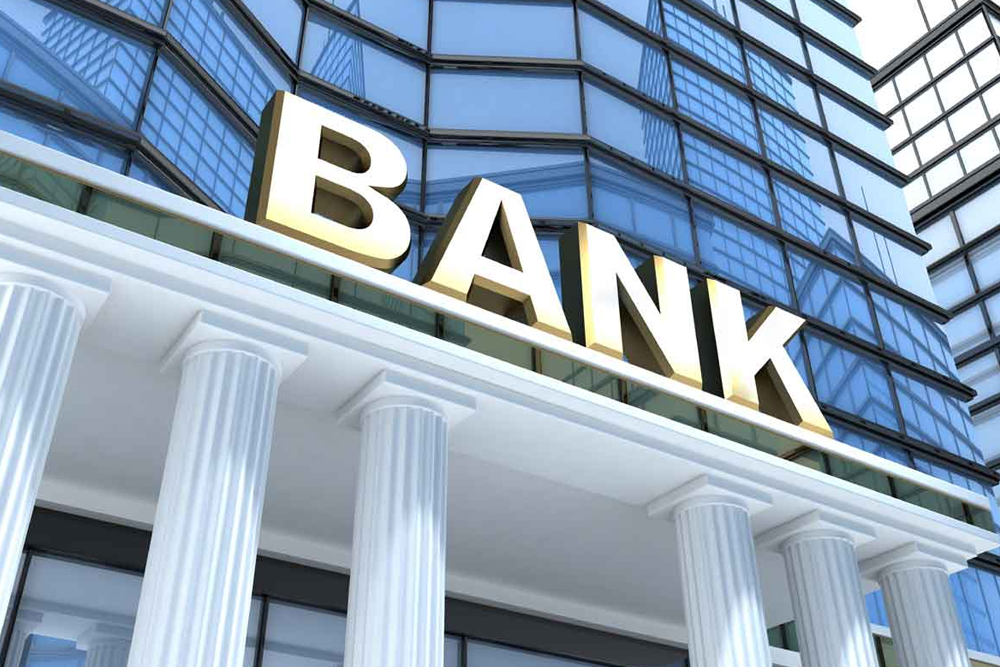Every small business owner understands how essential it is to rapidly and economically obtain, upgrade, or replace the equipment required to perform your daily tasks. Purchasing equipment outright can put substantial strain on your business cash flow. Equipment financing might be the ideal solution to keep your business functioning at optimal performance or even to expand to meet increasing demand. The following will provide an overview of how equipment financing works, what rates and terms you can expect in today’s marketplace, what are the necessary qualifications for these loans, and where you can obtain such a debt.
What is equipment financing and How does it work?
Equipment financing denotes a loan used to buy business-related equipment, like a copier scanner, a restaurant oven, or a vehicle. Equipment financing provides for periodic payments that incorporate principal over a fixed term and interest. As security for the loan, the lender or bank may need a lien on the equipment as collateral against your loan. Once the equipment loan is paid in full, you own the equipment free of any lien. Typically, the structure of an equipment loan might also impose a lien upon additional business assets or even require a personal guarantee. Failing to pay your loan might result in the repossession of your personal assets or your business assets. Personal assets are repossessed in the case of a personal guarantee.
A careful assessment of the loan terms is essential to understanding your risk. For instance, if you are starting a restaurant, you will require a significant amount of equipment, including ovens, a commercial range, and a refrigerator. Let us say the equipment costs a total of $75,000. You then apply and are successful for an equipment loan equal to 80 percent of the equipment’s cost, or $61,500. That indicates your out of pocket expenses will be $13,500. In that case, you can retain $61,500 in your cash reserves to offset all the other expenses associated with starting a business, including the cost marketing and advertising, cost of the space, and permits and licenses.
Equipment financing is different from equipment leasing, wherein you pay the owner of the periodic equipment rent for the utilization of the equipment over an agreed-upon duration. At the end of the leasing term, not unless you agree with the owner on renewal terms or a buyout, the equipment is returned to the owner. Generally, leasing qualifications are less stringent than for financing; however, if the equipment is necessary to your business, the endless payments on leased equipment without the prospect of future outright ownership may prove a more costly option.
Why should you use equipment financing?
Business owners usually get equipment financing in these cases:
- You require expensive equipment but can not afford to (or do not want to) buy that equipment upfront
- You require to replace your equipment frequently since it has a short lifespan, or you always require the latest in technology
- You require some combination of the above
Is equipment financing right for your company? If your business is in cases similar to any of the ones above, the answer might be yes. Nevertheless, there are a couple of different ways you can get financing, and it’s important to know the difference.
How does equipment financing benefit your business?
Choosing to fund your essential equipment needs via an equipment financing arrangement is sensible for any business type, despite its size. Through this kind of arrangement, you have access to the working capital required to meet certain ongoing expenses, like rent, payroll, and other recurring costs. Debt funding of your equipment, for computers and other technology that becomes obsolete in a short period, enables you to have the present use essential to grow your business and upgrade faster to newer technology to maintain your competitive advantage. The terms of your equipment financing agreement can be flexible enough to allow you to meet your company’s equipment needs continuously.
Qualifying for an equipment financing
Lenders will vary in their qualifications to obtain an equipment loan. The following are basic requirements a lender will look at when making a credit decision; nonetheless, underwriting standards differ and should be vetted before selecting a lender to make sure you meet their minimum qualifications. Your personal credit score will be an essential factor in obtaining an equipment loan. If you are not sure of your current credit score, you can find your credit ranking online. The higher your credit score, the more probably you will get approved and the better business loan terms you can anticipate.
Apart from credit score, lenders might require a business plan that outlines your business and a detailed proposal for future growth. The basic objective is to give prospective lending institutions an extensive summary of your company. The number of years you have been in business and your enterprise’s annual revenue are essential elements to include within your business plan. Some lenders and banks may have thresholds qualifications in this regard like a minimum of two years in business. Moreover, you should have annual revenues of over $250,000.
Beyond a report of revenues within your business plan and a loss and profit statement, lenders’ applications might require a cash flow statement or balance sheet. These should recognize the revenue coming into the business and the expenses going out. These statements assist lenders in evaluating the financial strength of your business. Because lenders are also interested in a small business owner’s personal finances, personal financial statements should be prepared as well. Preparation of all pertinent application documentation is essential to help expedite the process. Hiring a qualified accountant in anticipation of applying for an equipment loan is advisable to ensure your finances are in order.
Where to get equipment financing?
There are a number of alternatives in the marketplace for obtaining an equipment loan. Equipment financing can be acquired from sources varying from smaller specialized online lenders to traditional national lenders. Traditional national lenders, such as Wells Fargo and Bank of America, typically have stricter underwriting qualification; however, better terms and rates. They might be more ideal for established businesses with healthy cash flow and assets. Specialized online lenders, such as Currency, have a tendency to be more flexible with their underwriting qualifications.
Nonetheless, the terms and rates will be less favorable. This kind of lender is more appropriate to startups or businesses that do not have national lenders’ minimum credit and asset qualifications. The option you select will be based on your business’s qualifications and the loan type that best suits your business needs. Moreover, small business owners can also consider acquiring the money needed to buy equipment through a business credit card, invoice factoring or financing, or angel investing for an equipment loan. Each has its benefits and shortcomings regarding terms, turnaround time, and qualification requirements.
Equipment Financing or Equipment Leasing? Four Considerations
Is an equipment loan or leasing better for your particular situation? Below are some questions you can ask yourself to find out.
Can I afford a 20-percent down payment?
If you can not afford to pay 20-percent of the equipment’s value, you might have a challenge finding a lender that is inclined to work with you. In this case, a lease might be your only option.
How much can I pay per month?
Equipment leases have a tendency to carry smaller monthly payments than an equipment loan. If you are operating on a small profit margin, a lease is worth considering. Note that if you intend to buy the equipment at the end of the term, you will probably have to pay all or some of the equipment’s cost. This arrangement will probably be more expensive in the long run.
How long do you need this equipment?
The basic rule is that if you will need the equipment for more than three years, purchasing — through your funds or a loan — is a better option. While both loans and leases offer the opportunity of owning the equipment at some point, loans tend to be less expensive.
How soon will this equipment wear out or become obsolete?
If you are using equipment that will rapidly wear out or become obsolete, equipment leasing might be an inexpensive option, and in the end, you do not have to decide what to do with the outdated equipment. When shopping for a lease, on the other hand, you want to make sure that your equipment is not going to become obsolete before the lease terms are up. You are still responsible for paying until the end of the term, even if you can no longer use the equipment.
Generally, as a small business owner, you might often find yourself juggling many financial responsibilities. Controlling your working capital so that you can get through every day might require one kind of business loan, whereas renovating and rebuilding needs another. The various loans, payments, and lending institutions can add up — leaving a particular business needs to fall to the wayside. Nonetheless, this particular option, equipment financing, allows you the freedom to separate business loans from equipment loans.

